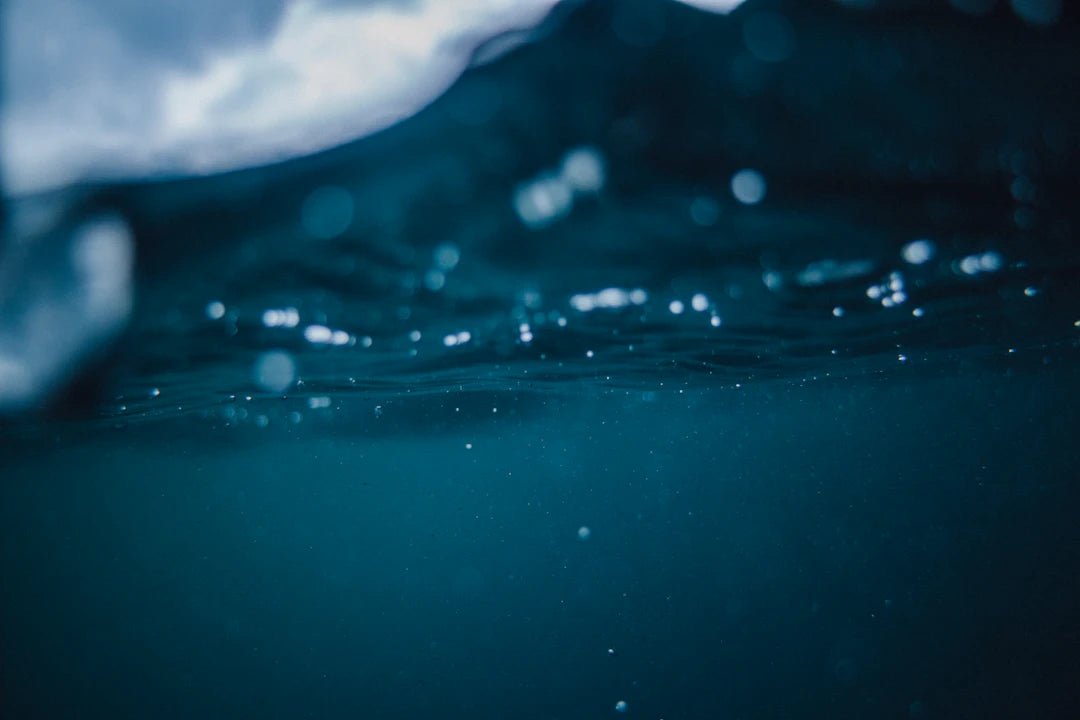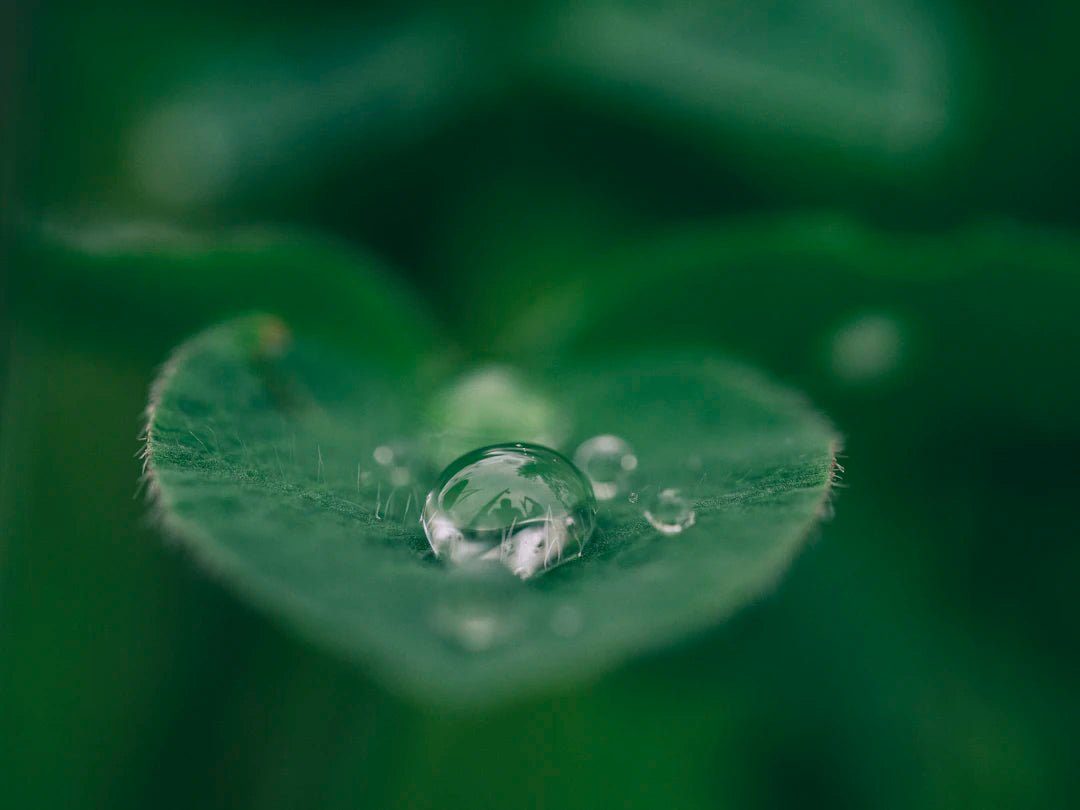Waterborne Diseases: Clean Water as Your Best Defense
Frequently Asked Questions
1. What are waterborne diseases?
2. Why is clean water important for public health?
3. How can individuals ensure access to clean water?
4. What is reverse osmosis and how does it work?
5. What are some signs of water contamination?
In Australia, access to clean water is not just a luxury; it is a necessity. Unfortunately, many communities face the rising threat of waterborne diseases caused by contaminated water sources. Understanding how clean drinking water can help prevent these health risks is essential for protecting ourselves and our loved ones. This article dives into the different aspects of waterborne diseases, the importance of clean water, and how using products like Rippl mineral water can play a crucial role in prevention.
Understanding Waterborne Diseases
Waterborne diseases are illnesses caused by pathogens that are transmitted through contaminated water. These pathogens can include bacteria, viruses, and parasites that infiltrate our water sources. In Australia, several waterborne diseases of concern include:
- Gastroenteritis
- Cryptosporidiosis
- Giardiasis
- Legionnaires' disease
These diseases can lead to severe health complications, particularly in vulnerable populations such as children, the elderly, and those with compromised immune systems. The primary way to prevent these diseases is by ensuring the availability of clean, reliable water sources.
The Importance of Clean Water
Clean water is vital not just for hydration but also for overall public health. Here are several reasons why maintaining access to clean water is crucial:
Health Benefits
Drinking clean water significantly reduces the risk of waterborne diseases. It helps to flush out toxins, supports healthy kidney function, and enhances bodily functions. In Australia, where people generally have access to tap water, the importance of filtering this water (if necessary) cannot be overstated.
Economic Impacts
Waterborne diseases can result in hundreds of thousands of hospital visits each year, leading to substantial economic losses. The government often must spend tax dollars on healthcare services and public health measures to combat outbreaks. By investing in clean water initiatives, Australia could save significant sums in medical costs and economic loss.
Environmental Stewardship
Ensuring clean water also plays a crucial role in environmental health. Polluted water bodies can have dire consequences on local ecosystems, affecting flora and fauna. Clean water initiatives protect not only community health but also the environment.
Ways to Ensure Clean Water in Australia
Ensuring access to clean water sources can be achieved through various measures, both at the governmental and individual levels. Below are some effective ways to protect your water quality:
Water Filters
Investing in a high-quality water filter is an excellent first step in safeguarding your drinking water. Various filtration options are available, including activated carbon filters, UV filters, and reverse osmosis systems. Each option presents unique benefits, and selecting the right one depends on your specific needs and location.
Regular Testing
Regularly testing your water, especially if you rely on a private well or live in a rural area, is vital in identifying contaminants. Many testing kits are available that can effectively identify common bacteria and chemicals in your water supply.
Choosing Mineral Water
For convenience and peace of mind, consider opting for bottled water like Rippl mineral water. It not only comes from a reliable source but also provides essential minerals your body needs for optimal function.
How Reverse Osmosis Works
Reverse osmosis (RO) is one of the most effective water purification methods available today. This process involves pushing water through a semipermeable membrane that removes up to 99% of contaminants, including bacteria, viruses, and minerals. Using a reverse osmosis system in conjunction with Rippl mineral water can safeguard your health while providing clarity and taste to your drinking experience.
The Process of Reverse Osmosis
The reverse osmosis process generally includes the following steps:
- Pre-filtration (removes larger particles)
- Pressure application to water
- Water passes through a semipermeable membrane (filters out contaminants)
- Post-filtration to enhance taste and clarity
This multi-step approach ensures that the water you consume is not just safe but also refreshing, making products like sparkling water a safe indulgence.
How to Spot Water Contamination
Recognizing the signs of water contamination can help you take immediate action to safeguard your health. Some indicators include:
- Unusual taste or odor
- Cloudiness or discoloration in the water
- Frequent gastrointestinal illnesses among family members
If you notice these signs, consider using a water filter or relying on bottled water until the issue is resolved. The safety of your water supply should be your top priority.
Community Initiatives in Australia
Fortunately, many community initiatives focus on improving and protecting water quality across Australia. Local governments and organizations often conduct workshops, fundraising events, and education campaigns aimed at raising awareness about waterborne diseases.
Educational Programs
Local schools and community centers often run programs focusing on the importance of clean water. These initiatives aim to teach children and adults about contamination, prevention methods, and the benefits of properly treating water.
State and National Regulations
Australia has strict regulations regarding water quality, often enforced at both state and national levels. Monitoring systems are in place to ensure water sources meet safety standards, reducing the likelihood of outbreaks. However, it's essential for individuals to remain vigilant and informed.
Simple Steps for Home Protection
There are various simple steps that individuals can employ at home to ensure they have clean water:
- Store drinking water in clean, sanitized containers
- Regularly change filters in water dispensers and refrigerators
- Stay informed about local testing reports
- Encourage family members to drink more water and stay hydrated for better health
By taking these simple actions, you can make a significant impact on your health and that of your community.
Hydration and Wellness: The Ripple Effect
Ultimately, the availability of clean water is a matter of public health and personal responsibility. By utilizing products like Rippl mineral water and employing filtration systems, you can enjoy great taste while also safeguarding your health. The ripple effect of maintaining clean water reaches far beyond personal health; it benefits the community, local ecosystems, and even the economy.
By prioritizing clean water initiatives and staying informed, Australians can not only prevent waterborne diseases but also cultivate a culture of health and wellness that benefits everyone. Remember, every drop counts! Let's keep our water clean for future generations.



